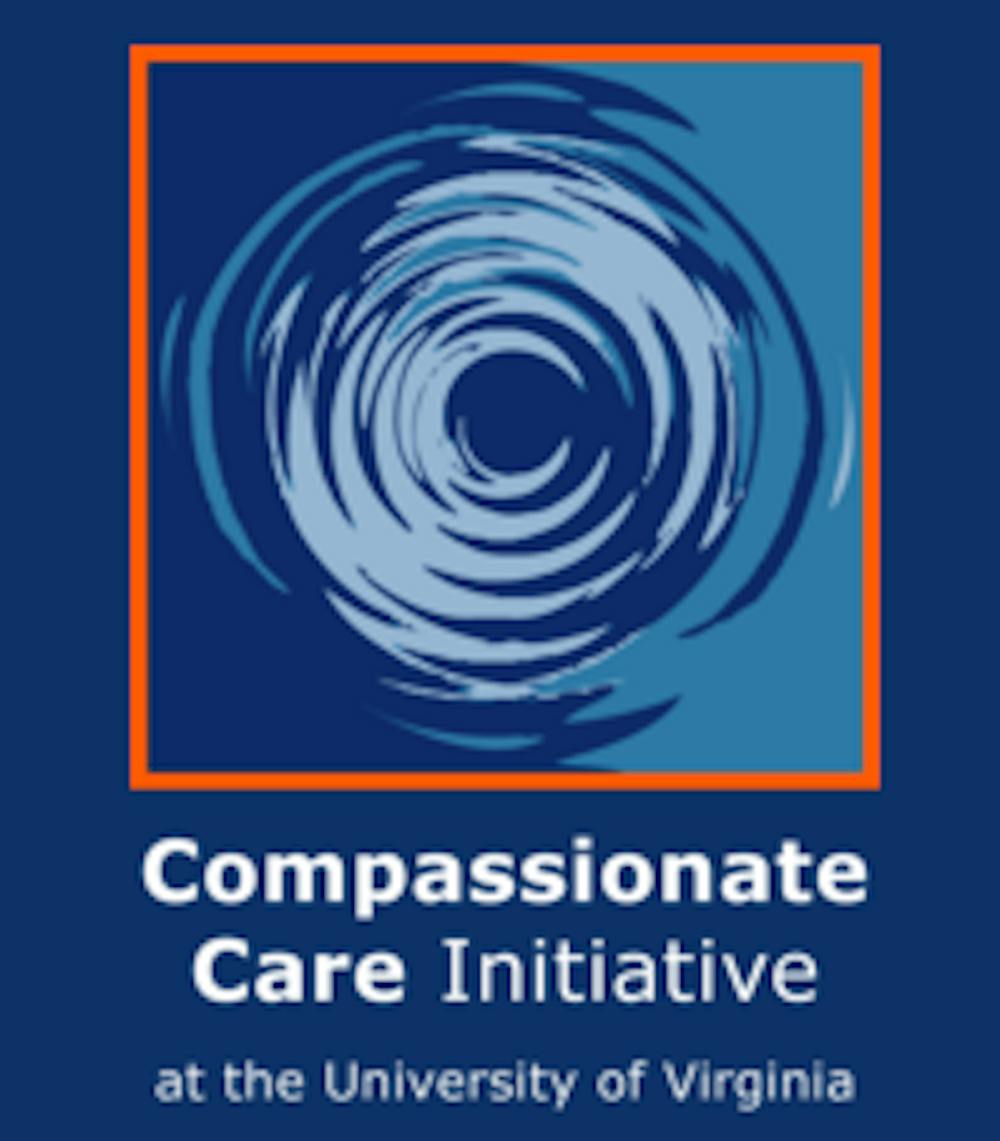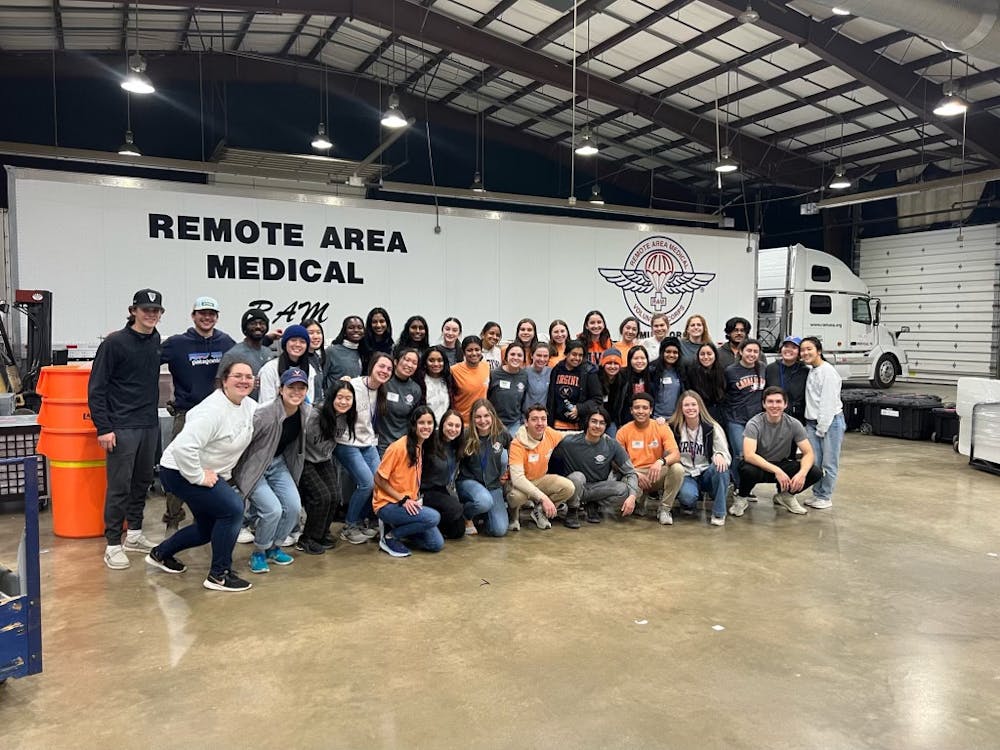The Nursing School’s Compassionate Care Initiative hosted a public lecture last Tuesday with Asst. CCI Director Tim Cunningham, assistant nursing professor, on the importance of storytelling, particularly in narrative medicine, to mitigate compassion fatigue.
Although hosted by the Nursing School, the lecture was open to the general public, with drama students making up a significant portion of the crowd. The discussion spanned multiple topics, starting with the potential quantitative benefits of storytelling, and included an interactive portion in which participants acted out their own stories. Cunningham shared his own experiences using storytelling as a healthcare provider in Ebola-stricken Sierra Leone and post-earthquake Haiti.
“One of my lifelong goals is to look at ways to measure what storytelling does, what laughter does, what playfulness does,” Cunningham said. “I am interested in seeing what changes when stories are told.”
Cunningham told of his experience volunteering in post-earthquake Haiti to illustrate an example of such drastic changes. As one of the activities, he and the volunteers taught the residents how to tell a story through pantomime, with body motions and without the use of words.
After the workshop, the Haitians expressed interest in telling the story of the earthquake, or the “Goudou Goudou,” as they described it to the volunteers. The five-minute exhibition started with a depiction of everyday actions and life before the disaster struck. The performers then froze, shuddered wildly, stopped again and let out genuine wails and screams to express their loss. This process repeated a few times to illustrate the aftershocks, but finally transitioned to hugs, pantomime rebuilding and laughter.
“All the people who participated said that it was the most meaningful experience that they had that week because they said it let them take something that they were sitting on and gave it life,” Cunningham said. “It gave them a place to express themselves. They felt agency. They realized the voices that they were sharing were being listened to.”
Cunningham said he hopes to address compassion fatigue, or the effects of repeated stress over time, for clinical providers. He believes, from his interaction with caretakers returning from Haiti and Ebola-stricken West Africa, that storytelling can be a key tool providers can use to mitigate the problem, and that it belongs in the discussion of treatment next to the hard facts and numbers used in treatment research.
CCI student advisor Rob Abbott, a fourth-year Medical student, also attended the lecture.
“[Cunningham’s] insight into the power of storytelling and willingness to pursue quantifiable research related to its effects is truly admirable,” Abbott said. “It was wonderful being amongst attendees from various academic backgrounds sharing in his own storytelling experience.”
Self-care practices designed for healthcare providers tie into the overall goal of the CCI. The initiative is organized around the idea that individuals who can care for themselves will become better healthcare providers, as well as being able to deal with stress in a more productive way. At the same time, it is not designed solely for healthcare providers, as all members of the University and Charlottesville communities are welcomed to attend the CCI events hosted numerous times every week throughout the year.
“Self-reflective practices are designed ... to meet [a person] wherever they are,” Cunningham said. “We teach and design [our programs so] that they are available for anyone, no matter what level of experience.”





